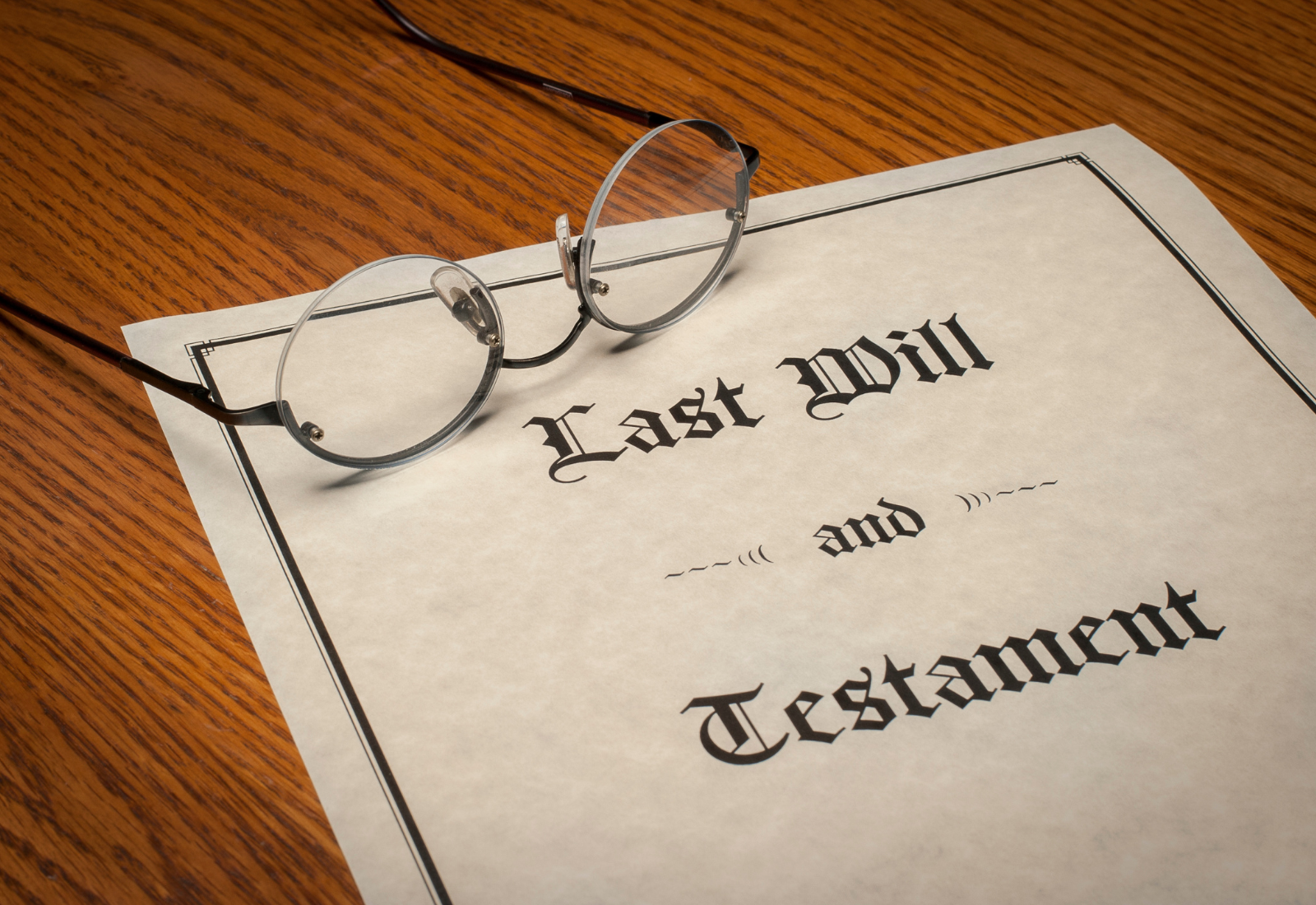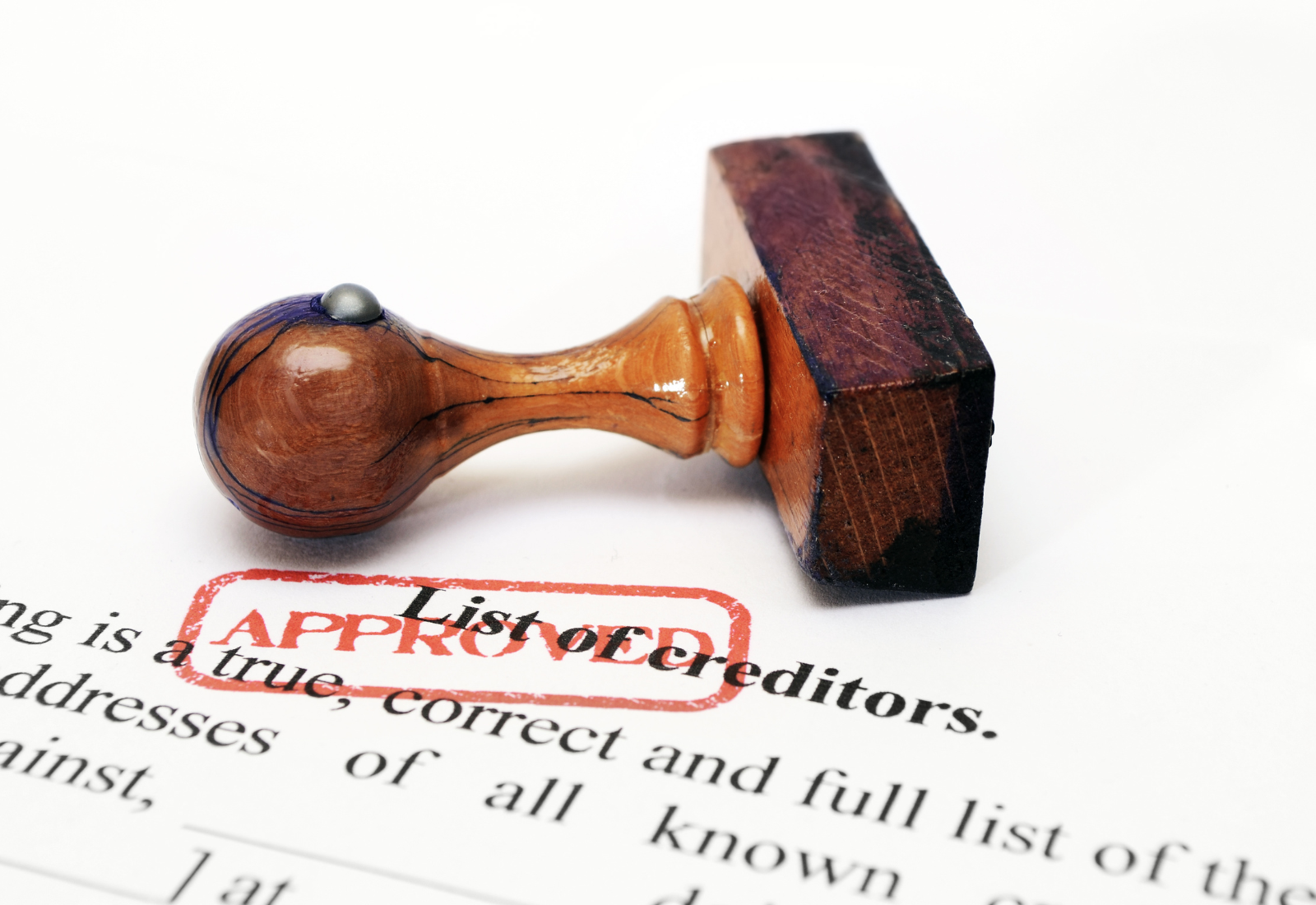
Demystifying Estate Planning: Understanding the Numbers
Estate planning often feels like something to be dealt with later, when we’re older, wealthier, or when life slows down a bit. However, the reality is that estate planning is critical when it comes to responsible living, regardless of age or financial status. To truly appreciate its significance, we will examine some eye-opening statistics that
Read More
Why Will and Trust Preparation Should Be a Priority
When it comes to estate planning, a meticulously crafted will and trust is essential. These legal documents not only outline your wishes for the distribution of your assets but also provide clarity and guidance for your loved ones. Professionally prepared wills and trusts ensure that your estate is managed according to your desires and that
Read More
Maryland Probate and Guardianship: Protecting Minor Children
In the context of estate planning, ensuring the well-being and security of your loved ones is paramount. For parents with minor children, one of the most critical elements is addressing what will happen to your children in the unfortunate event that both parents pass away prematurely. In Maryland, the legal framework for addressing this concern
Read More
The Importance of Reviewing and Updating Your Maryland Will Regularly
Creating a will is an essential step in ensuring that your assets are distributed according to your wishes after you pass away. However, it’s not enough to create a will and forget about it. Life is ever-changing, and your financial and personal circumstances can evolve over time. This is why it’s crucial to regularly review
Read More
Protecting Vulnerable Adults in Maryland Probate Cases
Probate cases in Maryland involve various legal complexities, and when vulnerable adults are involved, the stakes are even higher. Vulnerable adults, including elderly individuals or those with cognitive impairments, may face unique challenges during the probate process. In this comprehensive guide, we will explore the importance of protecting vulnerable adults in Maryland probate cases and
Read More
Managing Creditors and Debtors in Maryland Probate
When a loved one passes away, the process of handling their estate can be overwhelming. One crucial aspect of estate administration is managing creditors and debtors. This process can be complex, but understanding the relevant laws and procedures in Maryland can help streamline the probate process and ensure that creditors and debtors are treated fairly.
Read More
Charitable Giving and Estate Planning in Maryland
When considering your estate plan, one aspect that holds great significance is charitable giving. Not only can charitable contributions allow you to support causes you care about deeply, but they can also provide potential tax benefits for your estate. In Maryland, integrating charitable giving into your estate planning strategy can make a positive impact on
Read More
Handling Retirement Accounts and Probate in Maryland
Dealing with retirement accounts and navigating probate can be complicated, especially in the state of Maryland. Proper planning and understanding the legalities involved are crucial to ensure a smooth transfer of assets to beneficiaries and to avoid unnecessary complications. This post will explore the key aspects of handling retirement accounts and probate in Maryland. Read
Read More
Understanding Intestate Succession Laws in Maryland
When someone passes away without leaving a valid will, it can create complexities in determining how their assets and estate will be distributed. In such cases, Maryland’s intestate succession laws come into play to provide a legal framework for asset distribution. Understanding these laws is essential to ensure a fair and orderly distribution of assets
Read More
Things to Know About Maryland Estate Taxes and Fees
Are you dealing with the probate process in Maryland? If so, it’s important to understand the state’s estate taxes and fees. This guide will help you navigate the complexities of Maryland’s probate process, including the various taxes and fees you may encounter. What Are Estate Taxes? Estate taxes are a tax on the transfer of
Read More

